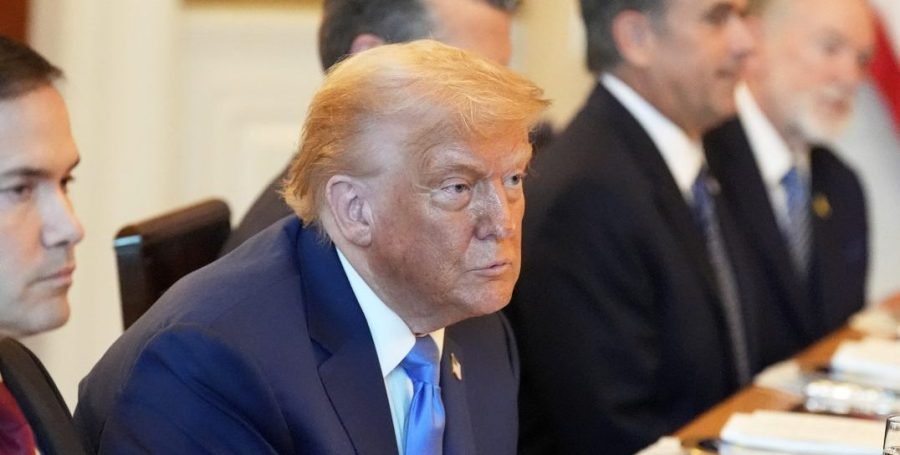Title: Controversial Changes to Student Loan Forgiveness Program Under Trump Administration
Location: WASHINGTON, D.C., 2025
In a significant shift, President Donald Trump is revising the Public Service Loan Forgiveness (PSLF) program, raising concerns that the changes may reflect political bias, particularly against organizations serving immigrants and transgender youth.
Overview of the PSLF Program
Initiated in 2007, the PSLF program was designed to enable public sector workers—such as teachers, firefighters, and hospital staff—to have their student loans forgiven after ten years of consistent payments. However, recent proposals from the Education Department suggest that entities involved in so-called "illegal activities" could soon be excluded from this forgiveness benefit. The determination of what constitutes illegal activity will largely rest with the Secretary of Education, creating fears of arbitrary interpretations that could affect a vast number of public service workers.
Concerns Over Political Bias
Advocates participating in discussions about the draft proposal have expressed alarm that it could grant excessive discretion to the Education Department. Betsy Mayotte, president of the Institute of Student Loan Advisors, expressed worries that the changes appear politically motivated, potentially punishing organizations affiliated with social justice movements or care for marginalized groups.
Impact on Organizations Serving Vulnerable Populations
The proposed regulations target groups perceived as engaging in illegal conduct, including those that provide assistance to transgender youth or undocumented immigrants, as well as those accused of supporting terrorism—a label that has been controversially applied to various activist groups. If enacted, these changes could result in a broad swath of eligible organizations being deemed ineligible for loan forgiveness, endangering both job security and access to financial relief for over 1 million Americans currently benefitting from the program.
Implications for Healthcare and Education
As the definitions of illegal activities mirror Trump’s administration’s political agenda, they could jeopardize entire hospitals or educational institutions merely based on specific services they provide. Advocates warn that such sweeping exclusions could systematically dismantle support for crucial public sector roles, exacerbating existing shortages of healthcare professionals and educators.
Path Forward: Public Comments and Future Adjustments
The Education Department has stated that it remains open to refining the proposal in response to feedback from the advisory panel. Following a public comment period, the final rules are expected to be implemented by July 2026. Critics, however, remain cautious, underscoring the ambiguity surrounding what constitutes illegal activity and the potential for a chilling effect on organizations committed to serving and protecting the rights of vulnerable populations.
This revised direction in the PSLF program highlights the increasingly contentious interaction between education policy and political ideology in today’s landscape, with far-reaching implications for America’s public service workforce.

